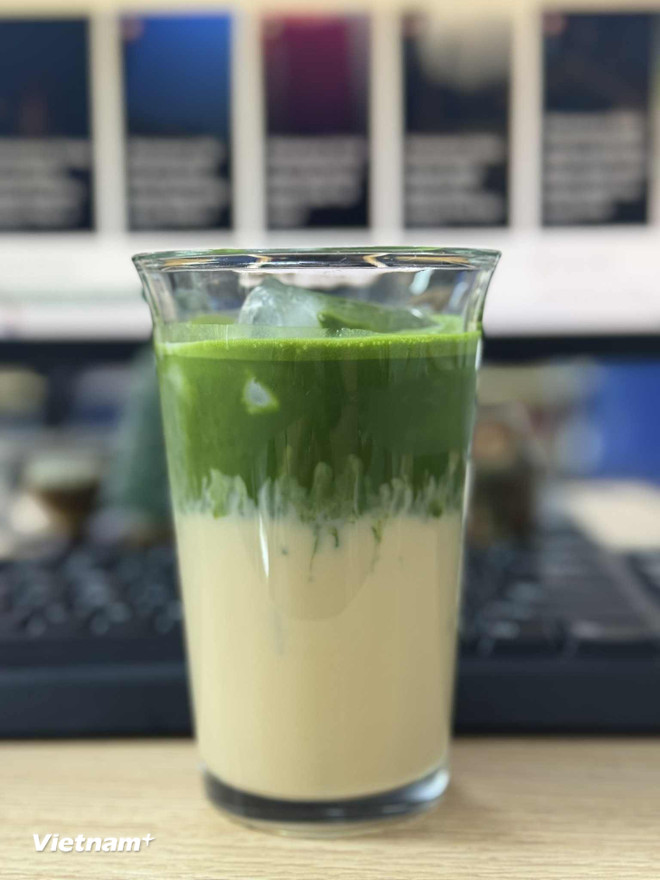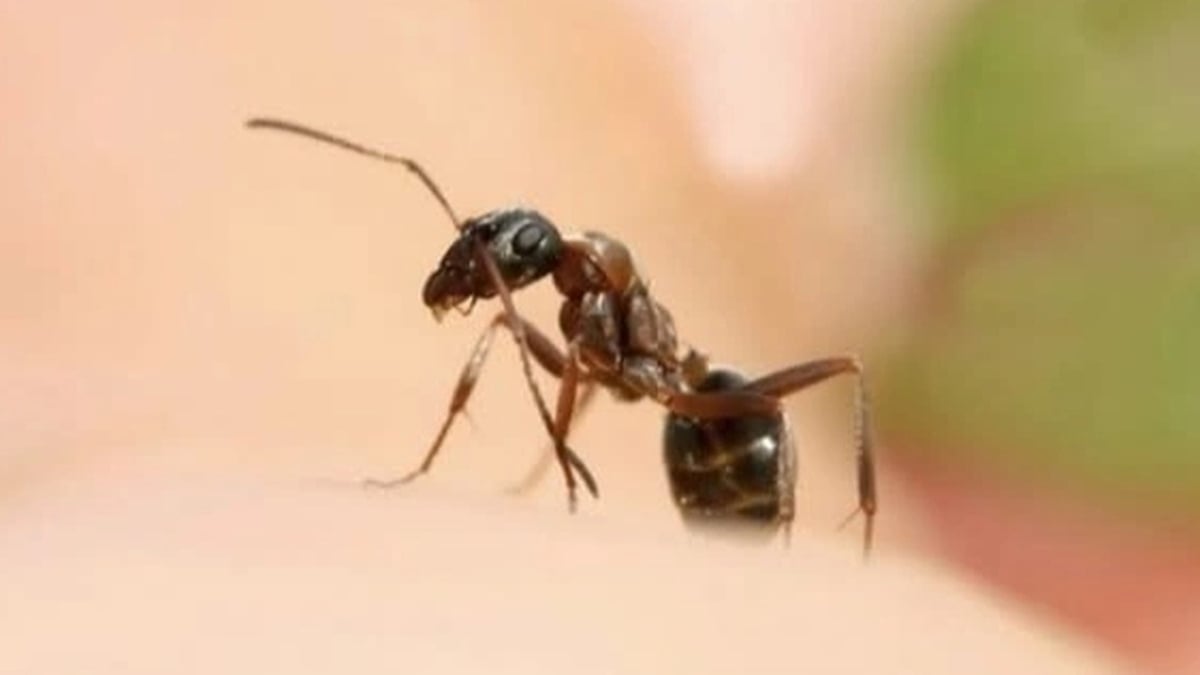Matcha, a powdered Japanese green tea, has become such a phenomenon that its popularity has led to a global shortage.
Consumers have been loving this healthy option in recent years, a trend that has exploded on social media, especially through Tik Tok.
The post-pandemic tourism boom is also helping to boost demand. Japan is expected to welcome nearly 37 million international visitors in 2024, surpassing the previous record of 31.9 million in 2019, putting pressure on both domestic and export matcha markets.
In October 2024, two major companies, Ippodo and Marukyu Koyamaen, announced that they would limit or stop selling certain types of matcha due to a shortage of stock. Marukyu's website said that they had received too many orders in a short period of time and could not produce enough.
“Dear customers, we have received an unexpectedly large number of orders over the past few months. Due to the scale of production and production capacity, we regret to announce that from now on, we will limit the supply of all Matcha products,” the announcement on Marukyu Koyamaen’s website reads.
Matcha is made from tencha, a type of green tea leaves that are specially shaded before harvesting. Although matcha is from the same family as green, black, and oolong tea (Camellia sinensis), its processing and flavor are very distinct. However, matcha only accounts for about 6% of tea production in Japan.
However, demand has skyrocketed. And as a result, prices have skyrocketed.
According to Forbes, the matcha market is expected to reach around $5 billion by 2028, growing more than 10% since 2023. Furthermore, Japan's Ministry of Agriculture reported that tencha production in 2024 will be 2.5 times higher than in 2014.
The question is whether demand will increase, supply will keep up, and a crop so dependent on the weather can produce enough.
The Kyoto region, which produces about a quarter of Japan’s tencha, suffered from severe heat waves last summer, the hottest year on record in Japan. This led to a significant drop in the April-May 2025 harvest.

Masahiro Yoshida, a tea farmer, said that this year’s tencha yield was only 1.5 tons, down 25% from the usual 2 tons. He added that the intense heat last summer damaged the tea plants, preventing him from harvesting many leaves.
In 2025, Zach Mangan, founder of Kettl Tea, a Brooklyn-based company that specializes in high-quality teas imported directly from farms in Japan, called this year’s harvest “a high-quality, but lower-yield harvest” in a post in May. Increased demand and reduced supply will put upward pressure on prices.
According to the Japan Global Tea Association, the average price of tencha at the end of April was 8,235 yen/kg, 1.7 times higher than last year's average. And producers say the upward trend is set to continue.
Matcha is rich in antioxidants and may provide many health benefits such as heart support, weight loss, and many other positive effects.
A study in mice found that matcha supplementation reduced free radical damage to cells and increased the activity of the antioxidant system. Adding matcha to the diet may enhance cellular protection and reduce the risk of chronic diseases.
This tea is also very easy to use in your daily diet. /.
Source: https://www.vietnamplus.vn/chung-ta-dang-uong-nhieu-matcha-den-muc-nguon-cung-sap-can-kiet-post1052169.vnp



































































































Comment (0)